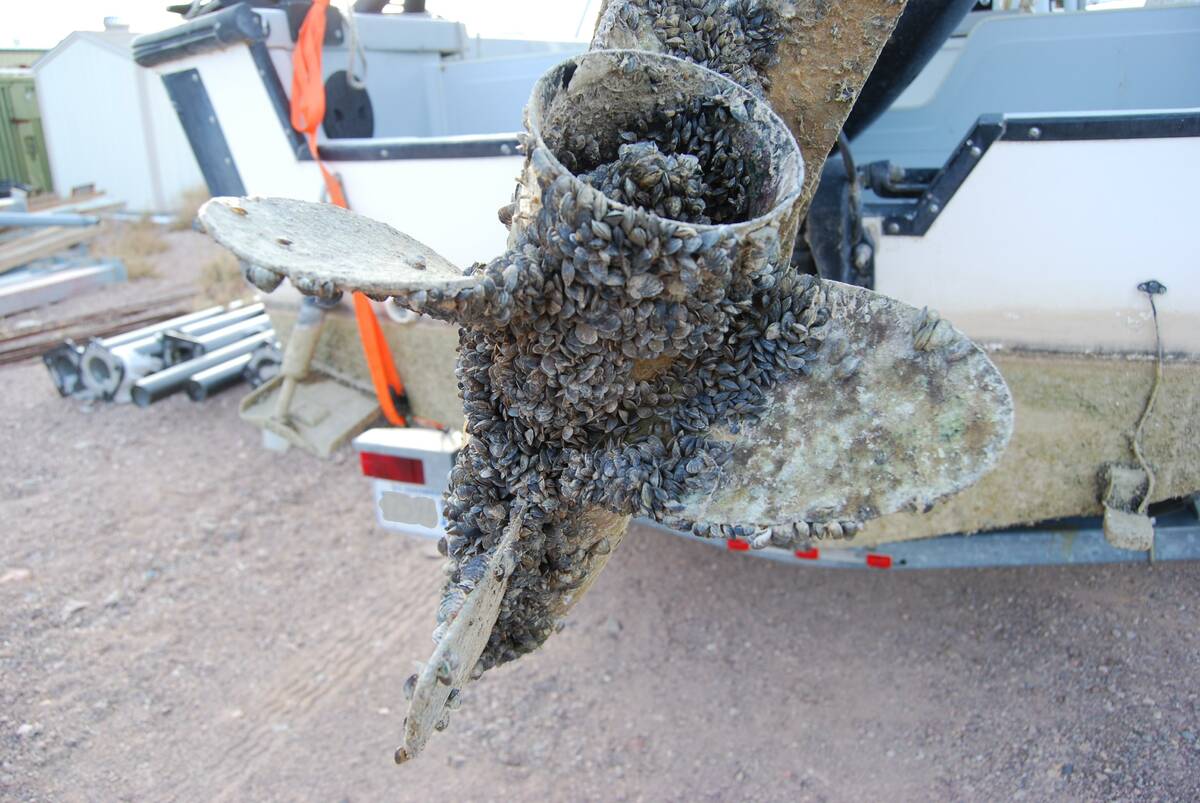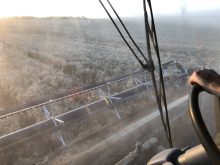Workers at the Calgary Case Ready plant in Calgary will likely be going on strike.
Workers have unanimously voted to strike, which is the first 100 per cent strike vote in memory at a large bargaining unit in Alberta.
The initial strike votes were held June 4 and 5.
Read Also

Invasive species council lending a helping hand to Alberta agricultural producers
Alberta Invasive Species Council unveils the huge economic effect of keeping invasive species unchecked to agricultural production in the province.
“We had 84 per cent of the plant come out, so 341 of the people came out to vote on the strike ballot,” said Chris O’Halloran, executive director of United Food and Commercial Workers Local 401, which represents workers at the plant. Another meeting was supposed to be held on June 12, but Cargill realized how strong the turnout was from the Case Ready members and ballot counting went ahead on June 7.
The Cargill Case Ready plant produces counter ready meat. The meat comes from the Cargill beef processing plant in High River, Alta., and is cut, weighed and bagged at the Calgary operation.
The union has some bargaining meetings, but there is a very real possibility that workers could go on strike.
If this happens, it will be the union’s first affordability strike.
Issues at large
There are three main issues driving the potential labour action.
“One is pay,” O’Halloran said. “It’s always the biggest thing driving everything with the affordability crisis, and especially in Calgary, where we’re seeing the highest rent increases in the country. There’s no cap on utilities. There’s no cap on insurance rates going up. People are getting hit with so many increases that it’s hard to keep up.”
Another issue is the lack of guaranteed hours.
“Cargill sits there and says these workers don’t deserve income security. I think that’s a huge issue and a huge problem that is driving a lot of the members’ frustration and willingness to strike,” O’Halloran said.
Overtime issues tie into the lack of guaranteed hours. The union argues that hour juggling has resulted in cases where workers have been called into work for seven straight days, but did not get overtime.
The union argues that other food processing facilities in the province already have measures similar to what they’re asking for.
Many workers had already attended a membership meeting held June 2, where possible labour action was discussed.
“There were a few questions about the logistics of the strike, like what your picket benefits are going to be, how you’re going to picket and where that is,” said O’Halloran.
Most of the meeting was focused on what workers wanted from Cargill, and how they wanted to make sure Cargill understood what was going to be needed to give them a fair deal, said O’Halloran.
“The meeting had a real focus on what was coming up and what Cargill needed to do when we return to the bargaining table,” he said.
O’Halloran said Cargill needs to come up with a better offer that will be more acceptable to the membership.
President of UFCW local 401, Thomas Hesse, told workers that, as a billion-dollar multinational corporation operating in 70 countries, Cargill can afford to give a fair contract offer, but they can also afford to force the workers out in the case of a strike.
“I think that’s part of the dilemma and the tough place that workers are in and I think we’ve communicated that the union has their back,” he said. “We have a healthy strike fund and we’ll support the workers in whatever decision they want to make, but we’ve also made sure they are aware of who they’re dealing with and how big and how profitable Cargill is.”
Cargill did not respond to requests for comment.
Workers are already signing up for picketing shifts. They will be picketing at the plant, and at other secondary picket locations such as Walmart, Safeway and Superstore. When workers picket at locations where Cargill products are sold, they are more likely to interact with customers, and make them aware of the labour and affordability issues. On June 12, UFCW local 401 announced they have applied for secondary picketing status, which means workers can picket every Walmart, Sobeys and Loblaws in Alberta. The provincial government will have to rule on this application.
Ontario strike
A strike at the Cargill Dunlop Drive beef facility in Guelph is nearing the two-week mark. Nearly 1,000 workers at the processing plant went on strike at the end of May. The plant processes nearly 80 per cent of Ontario’s cattle.
Craig McLaughlin of the Beef Farmers of Ontario said everyone in that province is already feeling the impact, but feedlots are using other outlets to slaughter market ready animals.
The union workers at the Cargill Dunlop Drive facility have been without a contract since the beginning of 2024.
















